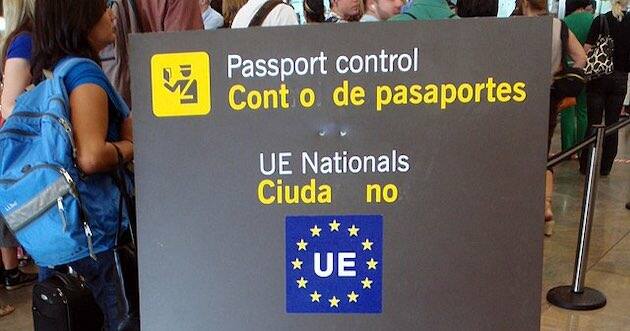Europe to restrict entry of Americans

Millions of Americans travel to Europe each year with ease but that is about to change in 2024 when a permit will be required. The European Union approval might not be good enough once you reach your destination.
Besides standard information like name and nationality, controversially, applicants will also have to provide details on the form about their level of education and occupation.
Starting next year, American citizens will have to get the permit (pdf) —similar to a visa—through the European Travel Information and Authorization System, or ETIAS, before being permitted to enter 30 countries which include the EU’s 27 member nations, Iceland, Liechtenstein, and Switzerland.
“With a valid ETIAS travel authorization, you can enter the territory of these European countries as often as you want for short-term stays—normally for up to 90 days in any 180-day period,” European Union authorities said in a statement.
The rule change impacts some 1.4 billion people from over 60 visa-exempt countries, including Australia, Canada, and the United States.
The new travel permit is similar to the Electronic System for Travel Authorization (ESTA) that travelers from many countries—including ones in Europe—are required to obtain to enter the United States.
The reason for the new permit is to bolster border security.
“ETIAS will further strengthen Europe’s internal security by carrying pre-travel screening of visa-free travellers to determine whether they pose a security, illegal immigration, or public health risk,” Frontex, the European Border and Coast Guard Agency, notes on its website.
Once the new system is closer to launch, an application form will be available on the ETIAS website and in the form of a mobile application. It could take minutes or 30 days.
They’ll also have to provide details about any criminal convictions and any past trips they’ve taken to war or conflict zones.
The EU website notes that simply having the travel authorization does not automatically mean one will be allowed in.
–Wire services
Photo: Daniel Lobo. This photo is licensed under the Creative Commons Attribution 2.0 Generic license






